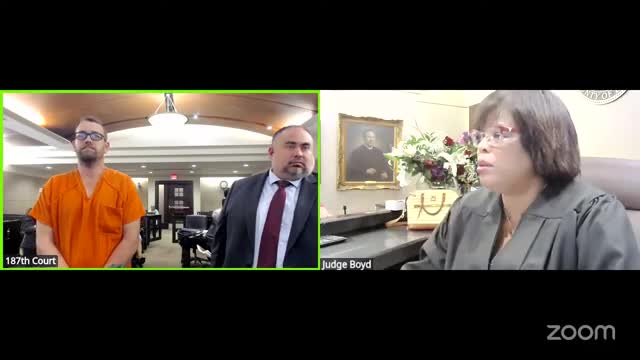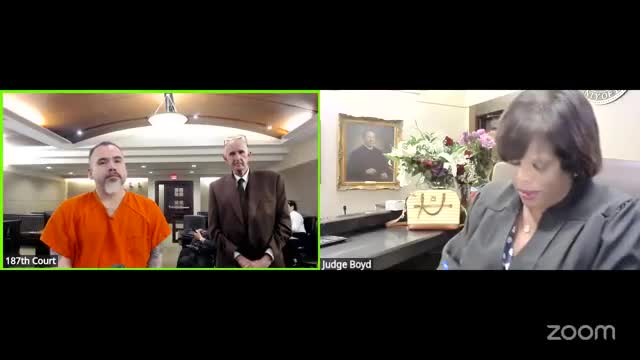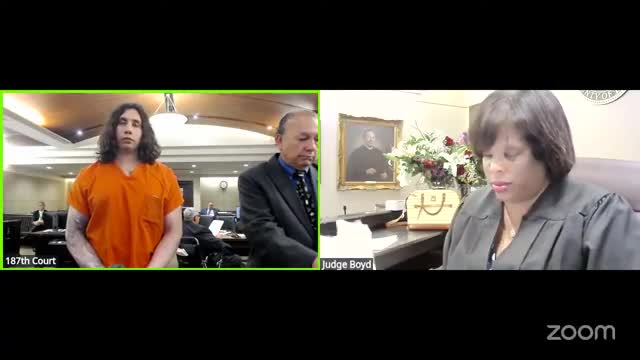Article not found
This article is no longer available. But don't worry—we've gathered other articles that discuss the same topic.

Court defers finding for Lindsay Hernandez; defense reports acceptance into felony drug court

Defendant Jeffrey Guerrero granted deferred adjudication; court and providers plan inpatient treatment transfer

